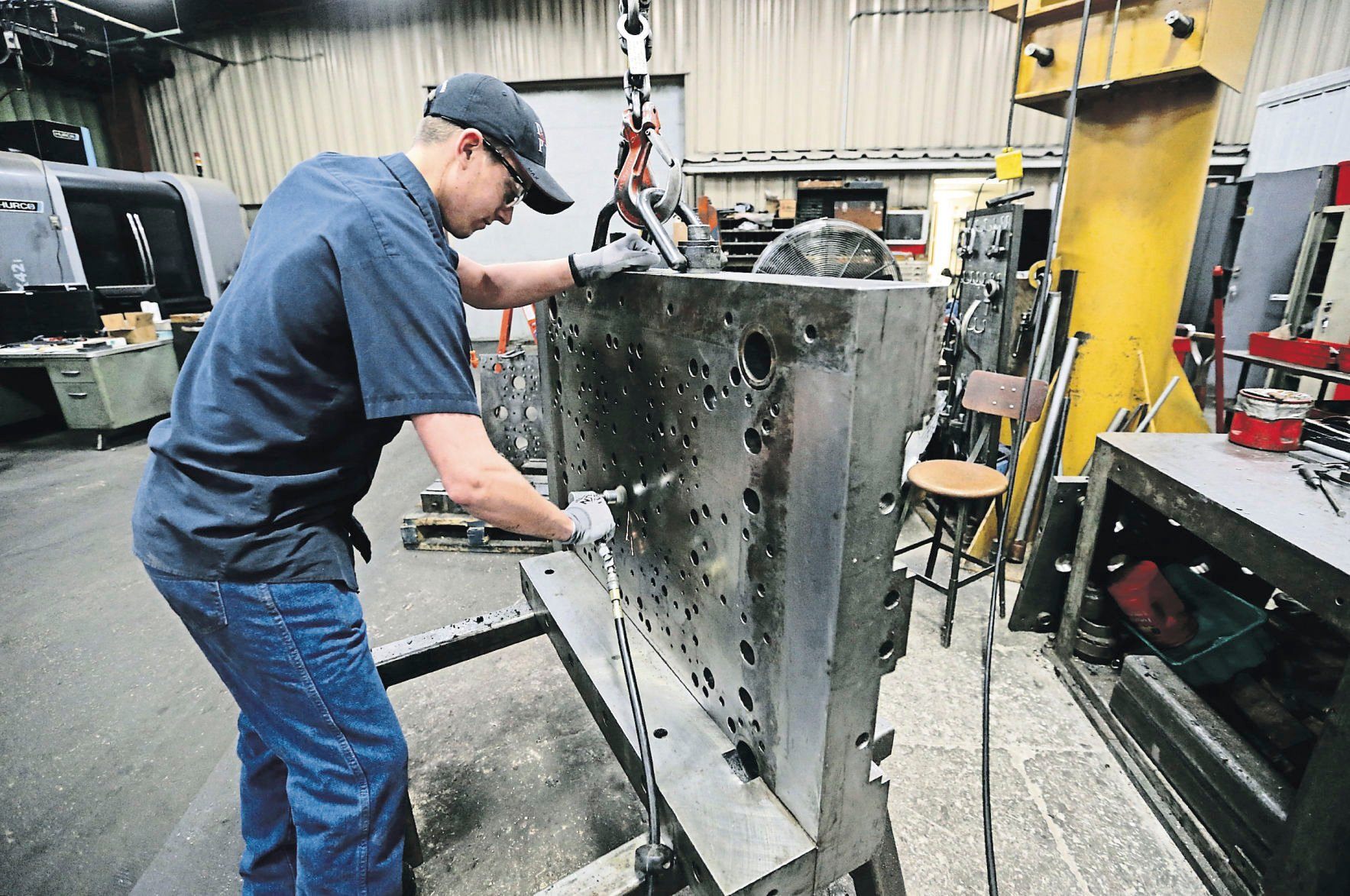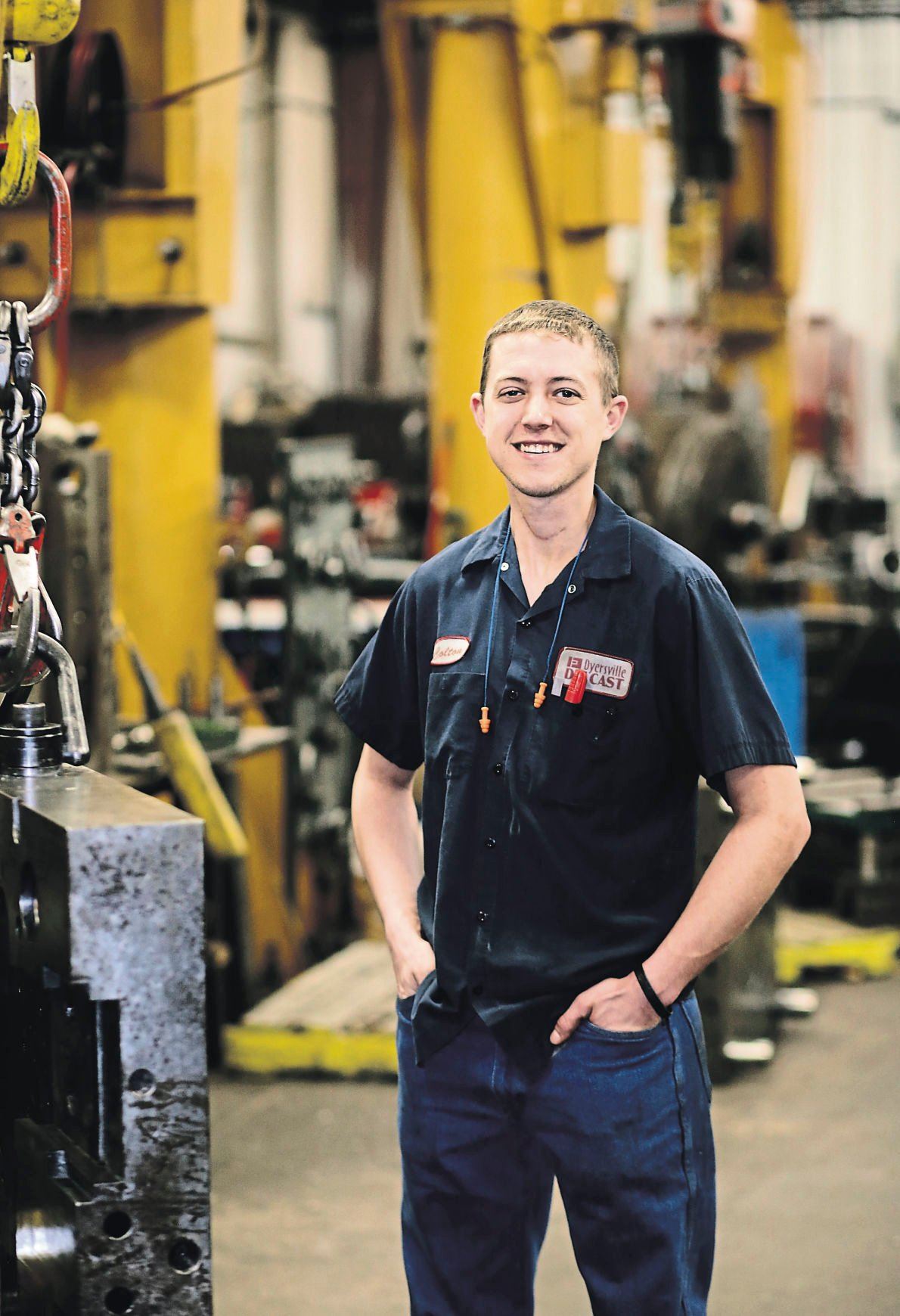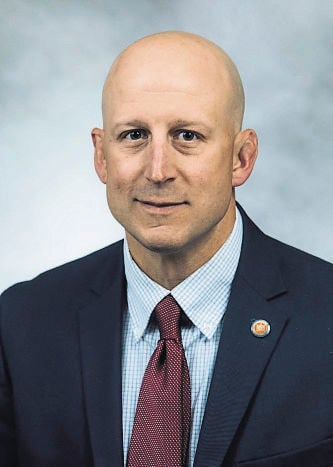Reasons to become an apprentice
• Best way to become a highly skilled craftsman.
• Guaranteed wage increases.
• High salaried careers.
• Current shortage of skilled trades workers means opportunity are available.
• The apprentice is guaranteed an increasing wage.
• Improved skills and competencies.
• Career advancement for registered apprentices.
• Alignment with industry and workforce system goals and performance outcomes.
• Provides technical and practical training.
• Establishes standards of proficiency through proven methodology.
• Provides training and certifications that meet industry standards.
Source: NICC
Statistics about apprenticeships
National statistics 2011-2020
• 70% growth in new apprentices since 2011 to 2020.
• 1.9 million new apprentices since 2011.
• 38% more active apprentices than the previous 10 year period – 636,000 vs 459,000.
• More than 349,000 participants completed an apprenticeship in the past five years.
• 3,143 new apprenticeship programs were established nationwide in fiscal year 2020, representing a 73% growth from 2009 levels.
• 13,500 new apprenticeship programs have been created since 2017.
Apprenticeship programs create a skilled workforce at in-demand industries throughout the country.
Apprenticeships are occupational training programs that combine on-the-job work experience with technical and classroom study. Programs are designed to develop useful job skills for individuals entering the workforce or for existing employees who wish to upskill to a better position.
Many of the skilled labor positions are held by baby boomers with years of experience who are nearing retirement or have retired. An apprenticeship program that pairs an apprentice with a mentor with years of experience can help pass career knowledge and prevent further gaps in the workforce of the future.
In the tri-state area, apprenticeships are offered through Northeast Iowa Community College, in Peosta, Iowa, the University of Wisconsin-Platteville and Southwest Wisconsin Technical College in Fennimore. At Galena (Ill.) High School, a collaboration with the Jo Daviess Carroll Career Technical Education Academy in the Cooperative Education program helps to strengthen participants technical skills and help them transition to postsecondary programs and employment.
NICC apprenticeships
Some apprenticeships occur after the employee has been on the job for a few months, as was the case with Colton Nefzger.
Nefzger was hired by Dyersville (Iowa) Die Cast after receiving his associates degree from Hawkeye Community College for tool and die making. After several months on the job his foreman at Dyersville Die Cast, Matt Kreeb, recommended Nefzger for a mold maker apprenticeship through NICC.
“Matt suggested that I do the apprenticeship to better my skills, advance in the company and increase my wages,” Nefzger said. The Delhi, Iowa, native learned all of the basic knowledge and advanced skills needed to be a journeyman toolmaker. He said that participating in the apprenticeship program strengthened his knowledge from Hawkeye.
Dyersville Die Cast makes aluminum casting for multiple industries, such as commercial lighting, gas metering, electrical and other applications. The company hires employees then enrolls the employee in the mold making apprenticeship program at NICC. Kreeb, the tool and die manager, said this is a way to train someone who might not have attended school for a specific trade and a way to bring additional training and qualifications to someone who has gone to school for tool and die.
“Colton has been working out great and is currently transitioning to becoming the toolroom manager,” Kreeb said. “The apprenticeship program through NICC has been great at helping our company assess where the individual’s skill level is and training them up from that point.”
Nefzger highly recommends the apprenticeship program at NICC.
“Programs like this allow a person to get a credential while also working at the same time. It’s a good way for someone that doesn’t want to go to college to advance in a trade and better themselves.”
NICC has several apprenticeship programs registered with the U.S. Department of Labor National Apprenticeship Program: Mold maker, tool and die maker, maintenance electrician and mechanic, welder, heavy truck driver, heating and air conditioner install/service, and set-up programmer for milling and turning. Their most popular programs are maintenance electrician, mold maker and tool and die maker
The pandemic slowed the number of students participating in the programs, which usually has seven to eight participants. In 2021, there were four registered apprentices.
Students are paid while participating and the pay rate progressively increases as the student advances through the program. Students are sponsored by an employer who ensures apprentices are rotated throughout the work processes to create a well-rounded professional upon completion of the apprenticeship.
Registered apprenticeship programs
Apprenticeship programs must be approved and registered by the U.S. Department of Labor. The National Apprenticeship Act, also known as the Fitzgerald Act was signed into law in 1937.
This established the Register Apprenticeship program and permitted the DOL to issue regulations protecting the health, safety and general welfare of apprentices. The law also prevents racial, ethnic, religious, age and gender discrimination in programs.
Early in the 20th century under the NAA legislation, apprenticeships were widely used for skilled trades and union jobs. Now, apprenticeships can be tailored to almost any industry including hospitality, financial services, energy, telecommunications, health care and advanced manufacturing.
Local Impact of Apprenticeships
The local economy is positively impacted by apprenticeships. Mark Gerein, dean of Advanced Manufacturing, Industrial Technology and Computer Science at NICC detailed the local impact and importance of apprenticeships.
“One of the most significant benefits of apprenticeships is they help organizations keep their employees motivated and committed for the long-term, by helping them develop their skills over several years,” Gerein said. “Well-trained, highly skilled staff adds value to all organizations; both directly and through their ability to coach, mentor and train other team members. Upskilling existing staff is a great way to ensure a business has the capable personnel they need, while improving productivity, quality of product or service and higher staff morale,” Gerein said.
“Apprenticeships also offer an enhancement of an employer’s brand,” Gerein said. “Community, candidate and employee relations improve as a result of a robust apprenticeship program. In today’s virtual media age, word spreads in real time. So, if a business offers attractive apprenticeship options, the positive impression will have an immediate ripple effect and draw candidates to the employer by word-of-mouth.”
“I believe apprenticeships are a reasonable cost-effective recruiting tool. Through apprenticeships, we have the opportunity to build the relationship between industry and community college. We carry this message into the community and middle and high schools and spend time articulating the business needs and promoting the quality jobs that are out there will help fill the labor shortage pipeline,” Gerein said.
Southwest Wisconsin Technical College
Southwest Tech offers apprenticeships in construction and electrical electrician, mechatronics technician which is an electrical, mechanical and electronics systems technician in industrial plants working with automation and robotics in modern manufacturing processes. Plumbing and technical studies journey worker apprenticeships are also available.
Cooperative Education
Students at Galena High School are encouraged to enroll in the Cooperative Education program offered through CTE Academy in Elizabeth, Ill. The program provides practical work experience in business, industry or fields related to the student’s career goals.
Students are partnered with employers that provide a hands-on work experience. The co-op learning experience helps students make informed decisions about future careers. Students also develop the work habits, attitudes, job skills and soft skills necessary in making a successful transition to post-secondary education, apprenticeship programs or directly to the workplace.
Senior Kiera Lyden participated in the program at Chestnut Mountain Resort, in the ski rental area.
“The tourism industry in Galena is huge. I would like to enter the workforce after high school and this opportunity is giving me the ability to broaden my horizons and encounter all sorts of people. Plus I love skiing,” Lyden said.
School counselor Brooke Deppe said that sophomores tour CTE to learn about the programs.
“In their junior year, students can register for the construction, auto tech, law enforcement, computer networking, graphic design, early childhood education or health occupation programs and attend CTE for two class periods per week.”
Seniors can register for cooperative education for four class periods per week, which allows them to work in the afternoon. They also have more options to select from than juniors. All students attending CTE are in attendance at the high school in the morning. GHS pays the tuition to CTE programs which last a full academic year. Students can count cooperative education credits toward high school graduation. Participation at GHS is divided 50/50 between male and female students.
The program is available to all high school students in Jo Daviess County. Lyden said that being able to work longer shifts is preparing her for full-time employment after high school as most high school students can only work four hours per day.
“Participating in CTE is teaching me responsibility, time management, how to prioritize responsibilities along with customer service, organization, cleaning procedures, time management and inventory control.”
Lyden also has the opportunity to train new hires if she’s the person on shift that has worked there the longest.
“Cooperative programs are important for students and they are a breather from school while you are bettering yourself. I’m able to network with future employers, meet a ton of people and build my resume at the same time. It’s been an invaluable experience,” Lyden said.
UW-Platteville
A new apprenticeship at the UW-Platteville started enrolling students in January. The Enterprise Resource Planning apprenticeship launched in fall 2021 and was inspired by Darin Pauls, a 1993 UW-Platteville graduate and CEO of Foster MSP.
Foster, based in Phoenix and Naperville, Ill., serves clients nationwide by providing information technology, information systems security and enterprise resource planning systems. ERP is a rapidly growing field that helps companies fully integrate and coordinate all aspects of their business processes and resources.
Two students each semester receive a combination of professional experiences and training provided by Foster MSP with academic instruction by the UW-Platteville business faculty.
The experience includes helping serve Foster MSP’s clients in major nationwide markets set up and maintain ERP systems.
“The combined skillset of ERP technical expertise, accounting knowledge and client management is highly rare for new graduates and in even greater demand among employers,” Dr. Les Hollingsworth, director of the School of Business at UW-Platteville said.
“We are incredibly excited about this opportunity to further develop ERP expertise among our students,” Hollingsworth said. “We’ve had ERP coursework for several years, but needed an opportunity to really stretch our capabilities in developing ERP professionals, to see just how far we can go. This apprenticeship is the perfect opportunity and I appreciate Darin’s leadership in helping us get there.”









